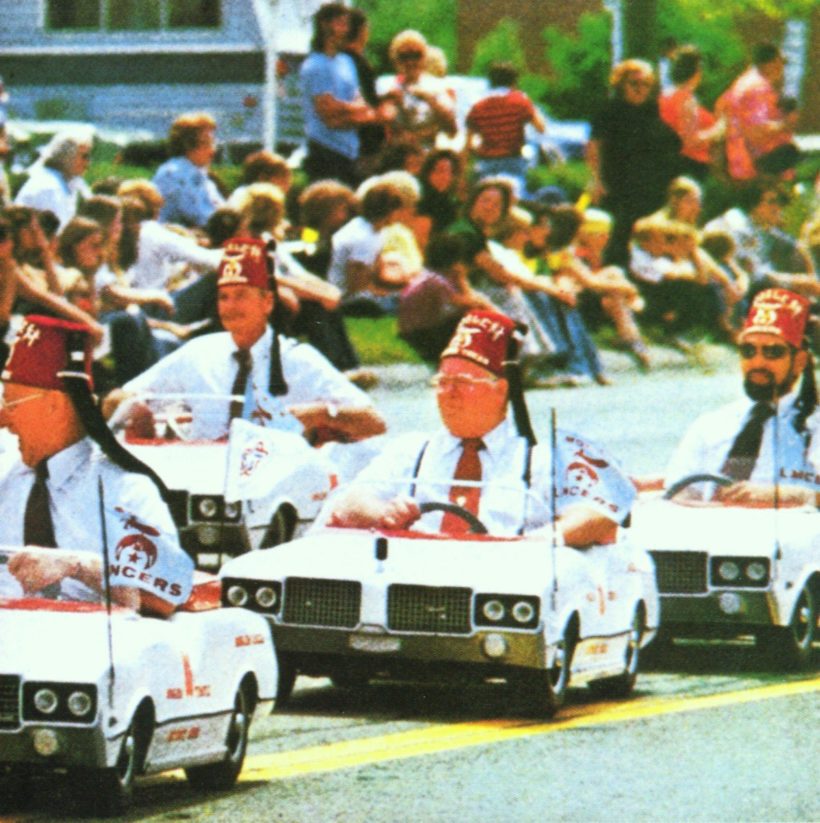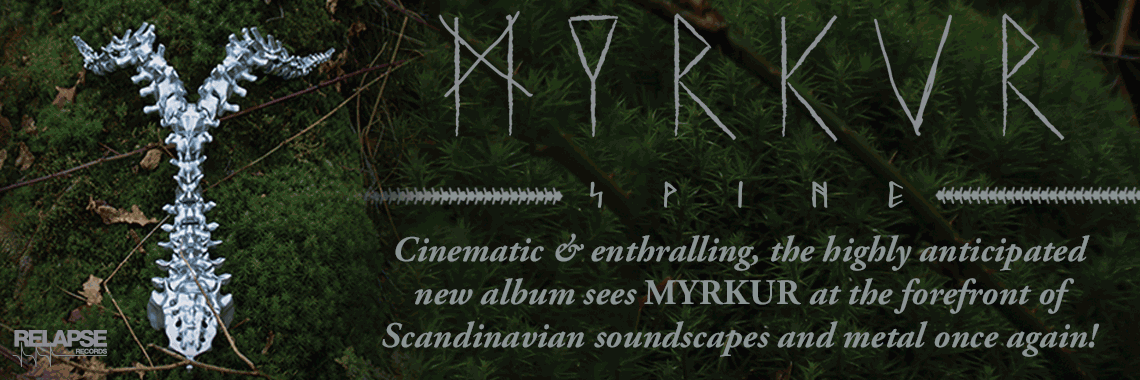
Stars and Stripes of Corruption
The Making of Dead Kennedys’ Frankenchrist
Punk has always had a political conscience. But no one articulated the stakes like Dead Kennedys. Formed in the San Francisco punk scene in 1978, Dead Kennedys became the best hardcore punk band to emerge from the Bay Area and one of the pivotal bands in the history of American punk. Dead Kennedys were even outliers in their scene; when other bands said basic is best, they showed the results of both musical and cultural literacy and unrelenting work. The band also had a taste for the absurd and pranks. Frontman Jello Biafra ran for mayor of San Francisco in 1979, and the band trolled the Bay Area Music Awards by performing a farcical song called “Pull My Strings” that attacked the music industry (they were slated to perform “California Über Alles.”).
Dead Kennedys’ studio output not only matched, but exceeded their volatile live shows and God-tier level pranks. Their 1980 debut, Fresh Fruit for Rotting Vegetables (containing the watershed “Holiday in Cambodia”), is punk canon—as are follow-ups In God We Trust, Inc. (featuring Winston Smith’s notorious artwork of Jesus on a cross made of dollar bills) and Plastic Surgery Disasters. Fresh Fruit is the subject of two books, and Plastic Surgery Disasters is a terrifying classic that exposes the dark side of the American dream: toxic yuppies (“Terminal Preppie”), government-sanctioned torture (“Bleed for Me”) and the surveillance state (“I Am the Owl.”)
Decibel, however, is enshrining the third Dead Kennedys album into our Hall of Fame. Why Frankenchrist when the first two are revered classics? Frankenchrist is when Dead Kennedys fully arrived—as songwriters, conceptualists and provocateurs. It’s a concept album about life in the Reagan era and the rise of the Christian right and corporate monoculture by a band at the height of its powers. Biafra’s biting satire, storytelling and fierce quips are at their best on “Stars and Stripes of Corruption” and “Goons of Hazzard,” and guitarist East Bay Ray offers some of the most haunting guitar tones and leads of a brilliant career.
Frankenchrist is also a complete statement befitting a band that had been together almost seven years. Dead Kennedys created a unified dystopian hellscape of conformity, mob violence, and depersonalization via technology that is as memorable and sharply detailed as the world of Ray Bradbury’s Fahrenheit 451 or Margaret Atwood’s The Handmaid’s Tale. What is especially eerie is how relevant Frankenchrist is in 2022; “Soup Is Good Food” could be about how artificial intelligence displaces human workers, and “Goons” will remind listeners of Proud Boy thugs. Our world today is an acceleration and amplification of the world depicted in Frankenchrist.
The second reason for this induction is Frankenchrist’s place in the culture wars of the 1980s. Since the rise of metal and punk in the 1970s, politicians and religious figures have threatened bands from Body Count to Cannibal Corpse with crackdowns, prosecution and jail time. Frankenchrist—targeted from the get-go by Tipper Gore’s Parents Music Resource Center (PMRC)—is one of the few albums that led to obscenity prosecution. The legal troubles started when a 14-year-old Southern California girl purchased a copy of Frankenchrist, which included a poster of H.R. Giger’s Landscape XX (the image shows penises entering vaginas). The girl’s outraged mother contacted prosecutors, and vice agents raided Biafra’s San Francisco home.
Biafra and four others were charged with distributing harmful matter to minors, a misdemeanor. The charges against him were dismissed after a jury deadlocked during a 1987 trial. The record nonetheless became both a lightning rod for criticism and a rallying cry to protect freedom of speech. The Frankenchrist case was in many ways reminiscent of the obscenity prosecution of City Lights bookstore owner and publisher Lawrence Ferlinghetti three decades earlier. In that case, Ferlinghetti was tried, but ultimately acquitted, for publishing Allen Ginsberg’s radical poem “Howl,” which depicted “the best minds of my generation destroyed by madness, starving hysterical naked.” In both cases, straight society aligned to crack down on alternative and countercultural expression, perhaps thinking their targets wouldn’t fight back. Free speech won both times.
This wasn’t the last trial involving Dead Kennedys. East Bay Ray, bassist Klaus Flouride, and drummer D.H. Peligro sued Biafra and Alternative Tentacles over unpaid royalties in 1998; Biafra lost the suit and appeals. Biafra was ordered to pay his former bandmates $220,000 in back earnings and damages, and the band’s catalog was handed over to Decay Music (a partnership involving all four band members) in 2003. It’s little surprise, then, that virtually all aspects of the band’s legacy are a matter of fierce dispute between the parties.
Biafra has continued speaking, running Alternative Tentacles, and performing with bands including Jello Biafra and the Guantanamo School of Medicine while Ray, Flouride and Peligro perform as Dead Kennedys. For this Hall of Fame story, we are happy to hear from all four members of the Frankenchrist lineup about making a benchmark in the fight for free speech. Right Guard will not help you here.
Need more Dead Kennedys? To read the entire seven-page story, featuring interviews with the members who performed on Frankenchrist, purchase the print issue from our store, or digitally via our app for iPhone/iPad or Android.







